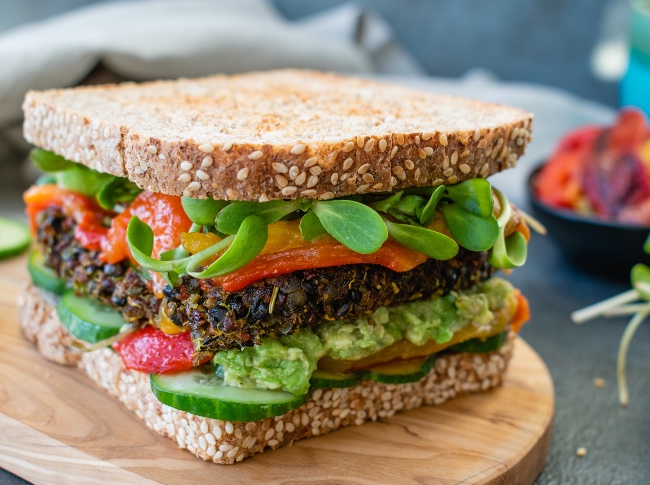When people hear the words ‘plant-based protein alternatives’, often the first word that springs to mind is soy, and while soy is a great option, there is a plethora of options for everyone’s taste and budget.
Inflation rates have soared over the past few months, resulting in South Africans having to further stretch their rand, with many cutting down on luxuries and opting for alternatives. Plant-based proteins are a cost-effective solution to add to any dish to provide a nourishing and filling meal for the whole family.
In honour of World Vegan Month, we are shining a spotlight on plant-based alternative proteins that you can weave into your diet.
Plant-based sources of protein
ProVeg International, an awareness organisation that aims to transform the global food system by replacing 50% of animal products globally with plant-based and cultivated products, has shared a report that indicates the top sources of plant-based protein.
Legumes
Although humble and small, several beans that belong to the legume family are significantly high in protein. According to ProVeg International, cooked lentils contain 9g of protein per 100g. Other beans that are high in protein include chickpeas, which measure the same amount of protein as lentils, followed by green peas, which have 6g of protein per 100g cooked.
MUST-TRY RECIPE: Dreaming of a comforting and wholesome protein-packed meal? Try this delicious chickpea curry and naan on your next meat-free Monday.
Soya products
Soya products are a quick and easy alternative, with many established companies such as Fry’s offering heat-and-eat soy-based meat alternatives, a favourite among many South Africans. Within the soy family, other high-value plant-based protein sources include tempeh, made from fermented soybeans, which contains a whopping 20g of protein per 100g, according to ProVeg.
Tofu, another soy-based alternative, measures at 15g of protein per 100g. While it may seem a bit intimidating to prepare this delicious alternative, fear not, we have created a guide on how to best prepare tofu.
Who would have thought that nuts have protein? While they might be delicious bites to snack on, these little crunchy gems are also packed with nutrients. According to ProVeg, peanuts contain a high amount of protein, recorded at 26g per 100g, which means even spreading some peanut butter on your morning toast may be a good way to sneak in some extra protein.
Other nuts that are high in protein include cashews, with 18g per 100g, and almonds, which rank in second place with 21g of protein.
Oats have been classified as the cereal with the highest amount of protein, measured at 17g per 100g.
While oats for breakfast may not always be massively appealing, oats are a multifaceted ingredient that can be used to create anything from sweet treats such as oat cookies to choc-chip peanut butter baked oats.
There is no denying that veganism is here to stay, as Google Trends reported a sharp increase in the search data for a plant-based diet, indicating a significant increase from 2020 to date.
We hope that this guide has provided an option for you to incorporate more plant-based alternatives into your diet.

